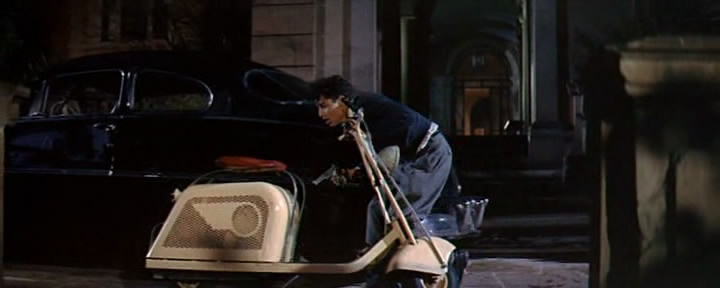All the egoic stuff that we do that causes all the problems in the world because you don't know who you are
for - key insight / quote - the reified ego is the root cause of all the problems in the world - we reify because we don't know who we REALLY are - Donald Hoffman - All the egoic stuff that we do causes all the problems in the world because - you don't know who you are. - You're creating this whole thing. - You're not a little player. - You're the inventor of this whole thing. - You have nothing to prove and - you don't need to be better than anybody else. - They're also master creators. - They're creating entire universes that they perceive as well. - And my own take on on this is that - you and I are really the same one reality - just looking at itself through two different headsets, - two different avatars and having a conversation. - And maybe that's what is required for this one infinite intelligence to sort of know itself.
- adjacency - poverty mentality - ego - problems of the world - samsara - nirvana - hologram model - Alan Watts - God playing hide and seek - Donald Hoffman
- When we don't believe we can be this, we limit ourselves
- That is, we suffer from self-inflicted poverty mentality
- When he says we are the one same reality,
- he is echoing the common spiritual teaching of the holographic metaphor where
- the one nameless is distilling itself in so many separate identities to know itself,
- Similiar to many spiritual teacher's teachings
- Alan Watts referred to it as God playing Hide and Seek with itself
- he is echoing the common spiritual teaching of the holographic metaphor where
 Plato as portrayed by Sal Mineo in Rebel Without a Cause (1955). Notice that as the rebel, he's pictured in the middleground with a gun while his scooter protects him in the foreground. In the background is the automobile, the teens' coveted source of freedom at the time.
Plato as portrayed by Sal Mineo in Rebel Without a Cause (1955). Notice that as the rebel, he's pictured in the middleground with a gun while his scooter protects him in the foreground. In the background is the automobile, the teens' coveted source of freedom at the time.